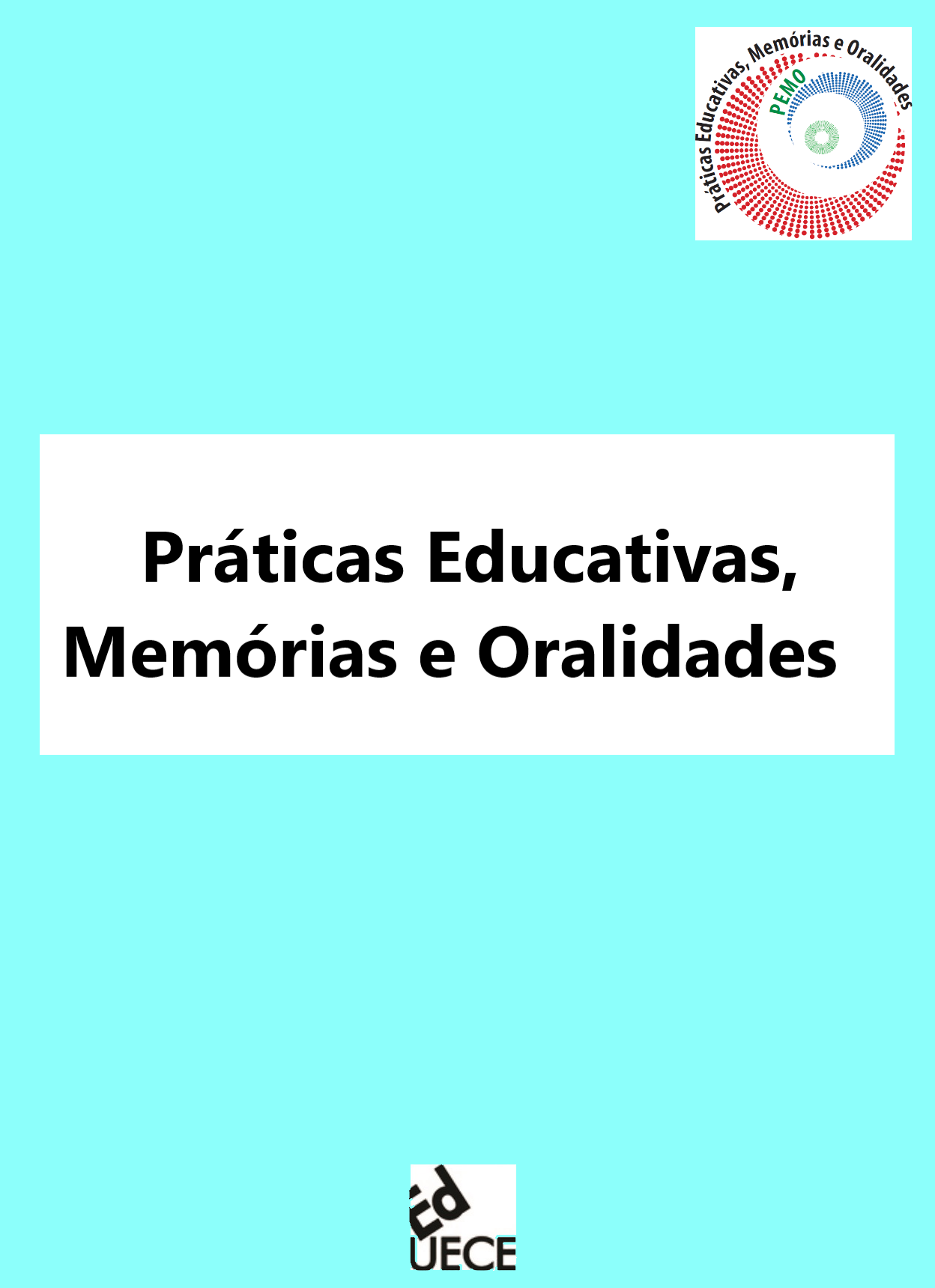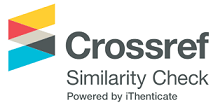Theory of social reproduction and educational inequalities
DOI:
https://doi.org/10.47149/pemo.v1i3.3571Keywords:
Social reproduction, Reality of Education, Educational InequalityAbstract
Theories based on philosophical principles can be useful for understanding educational phenomena. Thus, the Theory of Social Reproduction proposed by scholars Pierre Bourdieu and Jean-Claude Passeron in the 20th century, which deals with a system that involves characteristics of individuals (Habitus), the scope where such aspects are processed and constituted (Field), and the possession of certain goods (capital), material or not, which can be economic, cultural and social. The concepts that, if considered in an educational context, will be directly related to the selection of students and the maintenance of social classes according to the knowledge that is worked in the classroom, which according to the authors, privilege those of the dominant class. Thus, this study is theoretical in nature and aimed to discuss educational inequalities in the light of the Theory of Social Reproduction.
Downloads
References
CEARÁ. Lei n°16.287, 20 de julho de 2017. Institui a Política de Ensino Médio em Tempo Integral no âmbito da rede estadual de ensino do Ceará. Disponível em: https://belt.al.ce.gov.br/index.php/legislacao-do-ceara/organizacao-tematica/educacao/item/5883-lei-n-16-287-de-20-07-17-d-o-21-07-17. Acesso em: 27 abr. 2019.
GONÇALVES, Antônio Sérgio. Reflexões sobre educação integral e escola de tempo integral. Cadernos Cenpec, Nova série, v. 1, n. 2, 2006. Disponível em: http://cadernos.cenpec.org.br/cadernos/index.php/cadernos/article/view/136. Acesso em 07 jul 2019.
SEDUC. Secretaria de Educação do Ceará. Proposta de organização curricular em escolas de Tempo Integral, 2016. Disponível em: https://www.seduc.ce.gov.br/wp-content/uploads/sites/37/2018/09/proposta_organizacao_curricular.pdf. Acesso em: 23 mar. 2019.
SEDUC. Secretaria de Educação do Ceará. Plano de gestão escolar: Ensino Médio em Tempo Integral na rede estadual do Ceará, 2017. Disponível em: https://www.seduc.ce.gov.br/wp-content/uploads/sites/37/2018/09/plano_gestao_eemti.pdf. Acesso em: 23 mar. 2019.
SEDUC. Secretaria de Educação do Ceará. Escolas de Ensino Médio em Tempo Integral (EEMTI), 2018. Disponível em: https://www.seduc.ce.gov.br/escolas-de-ensino-medio-em-tempo-integral-eemti/. Acesso em 23 mar. 2019.
ZANARDI, Teodoro. Educação integral não é um privilégio e sim um direito! A educação integral na escola em tempo integral. Revista COCAR, Belém, v. 11, n. 21, p. 43-65, 2017. Disponível em: https://paginas.uepa.br/seer/index.php/cocar/article/view/1280. Acesso em 07 jul. 2019.
Downloads
Published
How to Cite
Issue
Section
License
Copyright (c) 2020 Grasiany Sousa de Almeida, Maria Irilene Alves dos Santos (Autor)

This work is licensed under a Creative Commons Attribution 4.0 International License.













